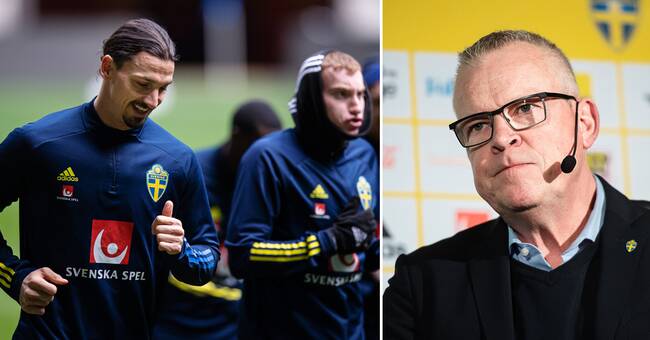A 2G system would be “a lot safer” than the 3G system we have now, says virologist Ab Osterhaus in Goedemorgen Nederland on NPO 1. “If you want to control the virus, you should seriously consider it, as certain countries have already done. to have.”
The Netherlands currently uses a 3G system. That means you can get into almost any place as long as you’re vaccinated, cured or tested. With a 2G system, the latter option disappears and you only get access to certain places when you have been vaccinated or cured.
The problem with a 3G system is that vaccinated people can still shed the virus, “on the back burner”, explains Osterhaus. “If that happens in a place where many unvaccinated people are together, the virus will spread there anyway, and it will re-enter society. If you have 5000 people together, you can calculate how much virus is still circulating there if those people are vaccinated. Someone who is completely sensitive to that virus just picks it up and gets infected and can actually spread it.”
‘Division in society’
The 2G system is a loaded concept, Osterhaus knows. “That creates even more division in society.” But it is a lot safer, he emphasizes. “You pretty much stop the spread of the virus with that.” In addition, measures that are taken are always unpopular, says Osterhaus. “And that’s what politicians have to consider. We have to accept that we are still in a pandemic and that we still have to abide by the measures.”
The measures currently in force to curb the number of corona infections can work, if they are properly observed. And therein lies the crux, says Osterhaus. “I have the impression that you can go into restaurants or attend large gatherings without the control of a QR code.”
‘If things go wrong, you will be heading for a lockdown again’
Although there is currently a feeling that we will never get out of the pandemic, Osterhaus reassures. “We’ll get over it. We have influenza every year, of course, and I think we can expect this virus to come back yearly for a period of time after a pandemic as well. But I do expect that the seriousness will become less and less,” he says.
But he does have a caveat. “We are now really at the tail end of the pandemic: we are really not out yet.” According to Osterhaus, this attitude did prevail in the Netherlands. “Now we realize that this is not the case, and on top of that, our hospital capacity in particular is limited. If you compare that with other countries, we have relatively few IC beds. So I think we have to take into account that we have to scale up again,” said the virologist. “You hear a lot of complaining, but I think people need to realize that if things go wrong, you’re headed back to lockdown. And that is also terrible for the catering industry.”
By: Marinka Wagemans
–
You do not have the correct cookie settings to post a comment. Click here to change your settings


